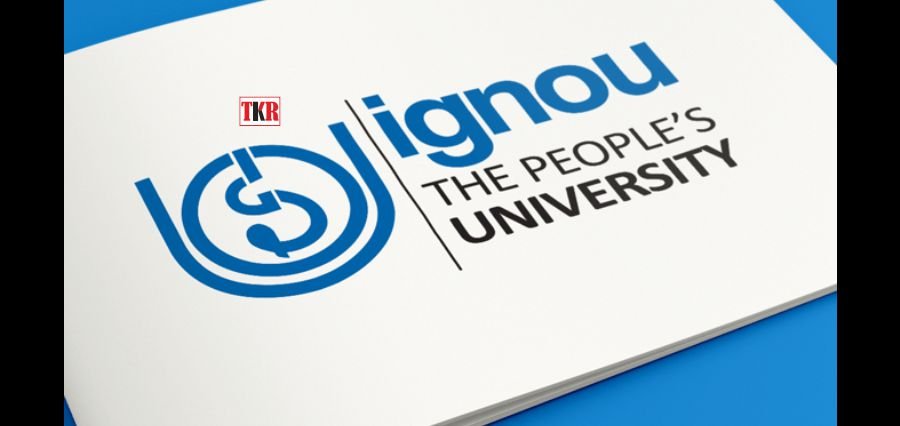As surprising as it sounds, many accomplished leaders grapple with imposter syndrome, a psychological pattern where individuals question their achievements and have a persistent fear of being exposed as fraud. It can be particularly acute for leaders from ethnic minority backgrounds and women in the construction sector, who may face unique challenges which can be exacerbated by societal stereotypes and the male-dominated nature of the field. Imposter syndrome can manifest many forms, from feeling inadequate despite evident success to being “found out” as unqualified/unfit. In the construction industry, where leadership demands precision, decisiveness, and resilience, imposter syndrome can be especially insidious. Leaders may feel pressure to constantly prove themselves, leading to burnout, diminished confidence and hindered progress.
Addressing imposter syndrome requires systemic changes, including mentorship programs, diversity initiatives, and promoting a culture of support and recognition. By acknowledging and discussing imposter syndrome openly, we can empower individuals to overcome self-doubt and thrive in their careers, contributing to a more diverse and resilient construction industry by implementing tailored strategies:
- Mentorship and Support Networks: Particularly for individuals from ethnic backgrounds and women, mentors who grasp their unique challenges provide invaluable guidance, reassurance, and insights. Research, including a study published in the Journal of Applied Psychology, highlights the significant impact of mentorship programs in reducing imposter syndrome feelings, leading to enhanced confidence and job satisfaction among mentees. Tailored mentorship initiatives bolster skills and furnish a vital support system for those struggling with imposter syndrome by facilitating guidance, encouragement, and constructive feedback, enabling leaders to recognise their strengths and capabilities. Additionally, participation in supportive networks allows leaders to share experiences and strategies, mitigating self-doubt and affirming their value. Thus, fostering a culture of mentorship and collaboration in organisations creates environments where leaders from diverse backgrounds thrive authentically, driving innovation and success.
- Inclusive Work Environments: Companies can mitigate feelings of inadequacy and insecurity by creating spaces where diverse talent feels valued and supported. Implementing comprehensive diversity and inclusion initiatives, including recruitment strategies and ongoing training, cultivates a culture of belonging and acceptance. Moreover, actively seeking partnerships with organisations supporting underrepresented groups and offering flexible work arrangements demonstrate a commitment to inclusivity. Through internal and external promotion of diversity efforts, leaders signal their dedication to creating an environment where all individuals can thrive authentically, ultimately reducing the prevalence of imposter syndrome and promoting a sense of confidence and belonging among their team members.
- Visibility and Recognition: Leaders can tackle imposter syndrome by showcasing the achievements of individuals from diverse backgrounds and providing platforms for speaking engagements; leaders can amplify their voices and showcase their expertise. Encouraging them to share their experiences inspires others and validates their contributions, fostering a sense of belonging and confidence. Research from the Harvard Business Review underscores the importance of diverse leadership teams in driving performance, emphasising the value of promoting diversity and inclusion initiatives. Through intentional efforts to elevate diverse leaders, construction companies can combat imposter syndrome by creating an environment where all individuals feel acknowledged, empowered, and supported in their professional journeys.
- Skills Development Programs: Implementing skills development programs tailored to leaders from underrepresented groups can enhance leadership capabilities, boost confidence, and combat feelings of inadequacy. Research published in Construction Management and Economics highlights that such programs lead to higher retention rates and greater career satisfaction among underrepresented groups. By investing in targeted skills development initiatives, construction companies can provide leaders with the tools and resources to overcome imposter syndrome and thrive in their roles. Additionally, these programs demonstrate a commitment to diversity, equity, and inclusion, fostering an environment where all leaders feel valued, empowered, and supported in their professional growth and development.
- Transparent Career Progression Opportunities: The engineering and construction sectors face persistent challenges in attracting and retaining top talent, which can be aggravated by imposter syndrome; potential candidates may feel intimidated or unworthy. Therefore, it’s crucial to actively promote the diverse range of career opportunities available in engineering and construction, implement inclusive recruitment strategies, and foster supportive work environments that value and celebrate diversity. Transparent communication about career progression paths and opportunities for advancement can alleviate doubts and inspire employees to pursue excellence. Research in finance indicates that clear career progression paths mitigate imposter syndrome among employees striving for advancement. Similarly, promoting the visibility and recognition of leaders from diverse backgrounds in healthcare fosters more inclusive and supportive work environments. By emphasising career progression opportunities and recognising the achievements of leaders from underrepresented groups, construction companies can facilitate an environment that makes employees feel valued, motivated, and empowered to excel in their careers.
Overcoming imposter syndrome for Construction Industry leaders is a critical endeavour to empower leaders facing challenges, particularly those from ethnic backgrounds and women. Organisations can enable leaders to thrive and attract top talent by implementing targeted strategies and fostering inclusive environments. The construction industry’s struggle to attract talent stems from misconceptions, limited exposure to career paths, and insufficient diversity initiatives. Imposter syndrome profoundly affects leadership qualities, leading to hesitancy and self-doubt. However, overcoming it cultivates resilience and empathy, fostering a supportive work environment. Leaders who conquer imposter syndrome lead authentically and humbly, inspiring team growth. Addressing imposter syndrome within leadership results in more robust, more compassionate leaders who are better equipped to navigate industry complexities and promote inclusivity. By recognizing the value of diversity and actively supporting individuals, the construction industry can ensure a brighter, more inclusive future.
About the Author
Najwa Jawahar, a first-class Honours graduate from the University of Leeds in Civil and Structural Engineering, is a multi-award-winning Chartered Structural Engineer and Design Manager. With over a decade of experience, her expertise spans from small-scale canopies to skyscrapers and complex construction projects. She is a beacon of innovation and excellence in structural engineering, boasting over a decade of experience and a remarkable array of accolades, including the Women in Construction Engineering in 2017 and the prestigious Fazlur Rahman Khan Award for Excellence 2020, to name a few.
Beyond accolades, Najwa envisions engineering as a catalyst for sustainable, inclusive communities. Her audacious aspirations to push innovation and diversity position her as a transformative force in modern engineering. As a Design Manager, she is poised to redefine the industry landscape, inspiring greatness with her talent and dedication.





